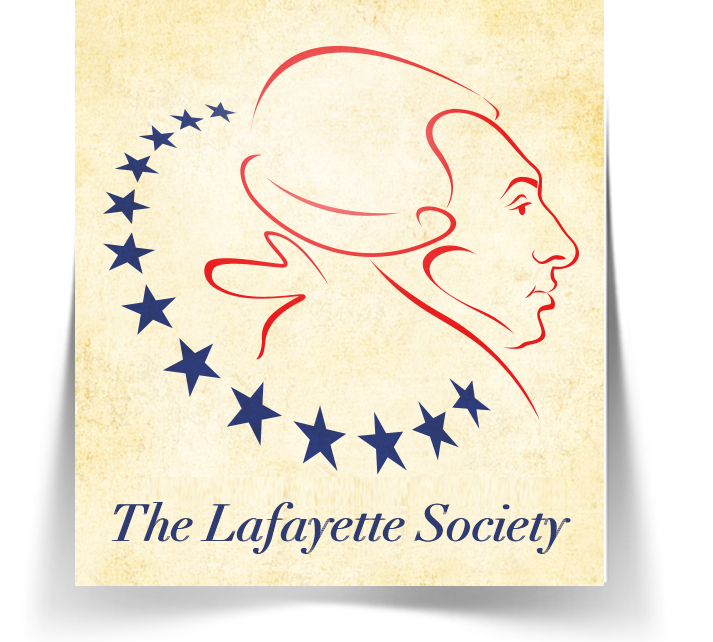By David Reid (Administrator of the Museum of the Cape Fear, Fayetteville, NC)
In 1825, the citizens of Fayetteville, North Carolina, were honored by a two-day visit from the famous French proponent of liberty, Marquis de Lafayette. In a speech of welcome, Judge Toomer proclaimed, “Never, never can we forget the youthful stranger who, in the darkest hour of adversity, so generously flew to our succour, and so gallantly fought the battle of freedom.”
Fayetteville, North Carolina, was named for Lafayette in 1783. It was the first town in America to be named for him and the only one visited by him on his tour of the United States.
Fayetteville honored the “hero of two worlds” on his visit in March 1825. During the visit, Lafayette stated, “…upon entering the interesting and prosperous town which has done me the honor to adopt my name, I can at once admire its actual progress and anticipate its future destinies…”
The city remembered the warrior on his death in 1834 with an honorary funeral procession and time of mourning.
Marie Joseph Paul Yves Roch Gilbert du Motier, Marquis de La Fayette, was born in Auvergne, France, on September 6, 1757.
Although an aristocrat, Gilbert Lafayette became enamored of the American fight for independence. In 1777, at the age of 19, flaunting convention and royal edicts, he used his own funds to purchase and outfit a ship and sailed to America. He joined the American forces and became lifelong friends with General George Washington. His enthusiasm for the cause of liberty and his courage in battle won him the admiration and friendship of soldiers, officers and statesmen.
The youngest major general in the American army, Lafayette made a significant contribution to the defeat of General Lord Charles Cornwallis at the Battle of Yorktown, Virginia, in 1781, a major turning point in the war.
Lafayette also accomplished much as a diplomat, persuading the governors of independent colonies to provide food and supplies to a poorly clothed and starving continental army. He lobbied vigorously with the French court for more troops and ships for the American cause. The commitments he secured from France ultimately forced England to sue for peace.
Lafayette returned to France and continued his campaign for liberty. His involvement in the French Revolution caused his persecution by radicals on both sides. Imprisoned for five years in Prussia and Austria, his fame brought worldwide pressure for his release. As Lafayette’s popularity grew, his views on liberty, religious tolerance and the abolition of slavery became widespread.
Lafayette’s popularity in America culminated with President Monroe issuing an invitation in 1824 for the general to visit the young country and witness the development of this experiment in democracy. His status as one of the last surviving members of the revolutionary leadership gave communities a reason to host elaborate receptions, dances and ceremonies in his honor.
Join Fayetteville in commemorating the birth and life of Lafayette at events held annually on the weekend after Labor Day.
